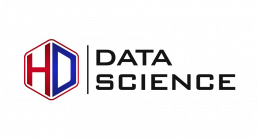Objective 1
Evaluating generalized linear models
- Diagnostic evaluation of multivariate least-squares regressions
- Influential outlier detection
- Interpreting coefficients, marginal effects, and odds-ratios
Objective 2
Machine Learning (Supervised)
- Performance evaluation: overfitting, scoring best practices, impacts on business and strategic decisions
- Cross-validation procedure, parameter tuning, regularization
- Ensemble approaches: bagging, boosting, and stacking models
- Model explainability and feature effects
Objective 3
Natural Language Processing
- Regular expressions and tokenization
- Categorization and tagging words: corpora, n-gram, and transformation-based tagging
- Context-free, dependency, and feature based grammars
- Word & sentence embeddings
Objective 4
Machine Learning (Unsupervised)
- Factor Analysis & PCA: dimension selection, rotation effects, variance contribution
- Cluster analysis: model advantages and limitations, use case feasibility, interpretation
- Cluster analysis: evaluation metrics
Objective 5
Time Series & Forecasting
- ARIMA models, diagnostics, and evaluation
- Autocorrelation plots for lag selection, detection of stationarity
- Unit-root tests
- Forecast metrics and model selection
Objective 6
Deep Learning
- Keras framework and operation
- Deep Neural Networks – CNN, LSTM, and more
- Transfer learning and pre-trained models
- OpenCV and open-source computer vision models for object detection, facial recognition, and image processing


